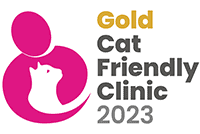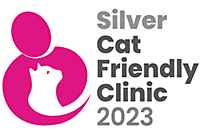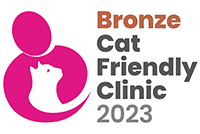We all enjoy getting out in the sunshine; however, it is not always true for our pets! Any animal can overheat in hot weather, and we can often forget how tough it can be on our pets that live in hutches, such as rabbits and guinea pigs.
It can be easy to assume their hutches provide cover from the warm sun, but they can heat up very quickly and become uncomfortable for the animals. And let’s not forget all that fur that they can be carrying too!
Take a look at our 5 top tips below for helping your furry friend stay cool:
- It is always best to find a shady area in the garden to position their enclosure and any exercise runs, to keep them away from direct sunlight. Extra shade could be created by draping a towel or sheet over part of the run, maintaining a draught of cool air.
- Create an area for them that is nice and cool to lie on – this could be achieved by placing some ceramic tiles in their hutch/enclosure, however, ensure that these remain in the shade.
- It is important to remember that your rabbit or guinea pig is likely to drink more on hot days, therefore ensure they have access to fresh, clean water when needed. Keep checking the water throughout the day too so that you can top it up as required, but also so you can notice if anything is wrong (e.g. the bottle spout is blocked).
- A way to ensure that your pet is getting some added water in their diet is to feed them plenty of leafy green vegetables and safe fruit (such as tomato or cucumber).
- For those breeds that are long-haired, consider making them feel more comfortable in the heat by removing any excess hair with a brush.
With the above in mind, recognising the main symptoms of heatstroke for rabbits and guinea pigs is important to ensure that you can take action to prevent it, or if it occurs, get them the necessary treatment. Keep an eye out for:
- Convulsions
- Salivating
- Reddening of the ears
- Panting
- Weakness and lethargy
If you feel your rabbit or guinea pig is showing any of the above symptoms, then use cool water to dampen their fur and contact us immediately.
Sources: Blue Cross & PDSA











